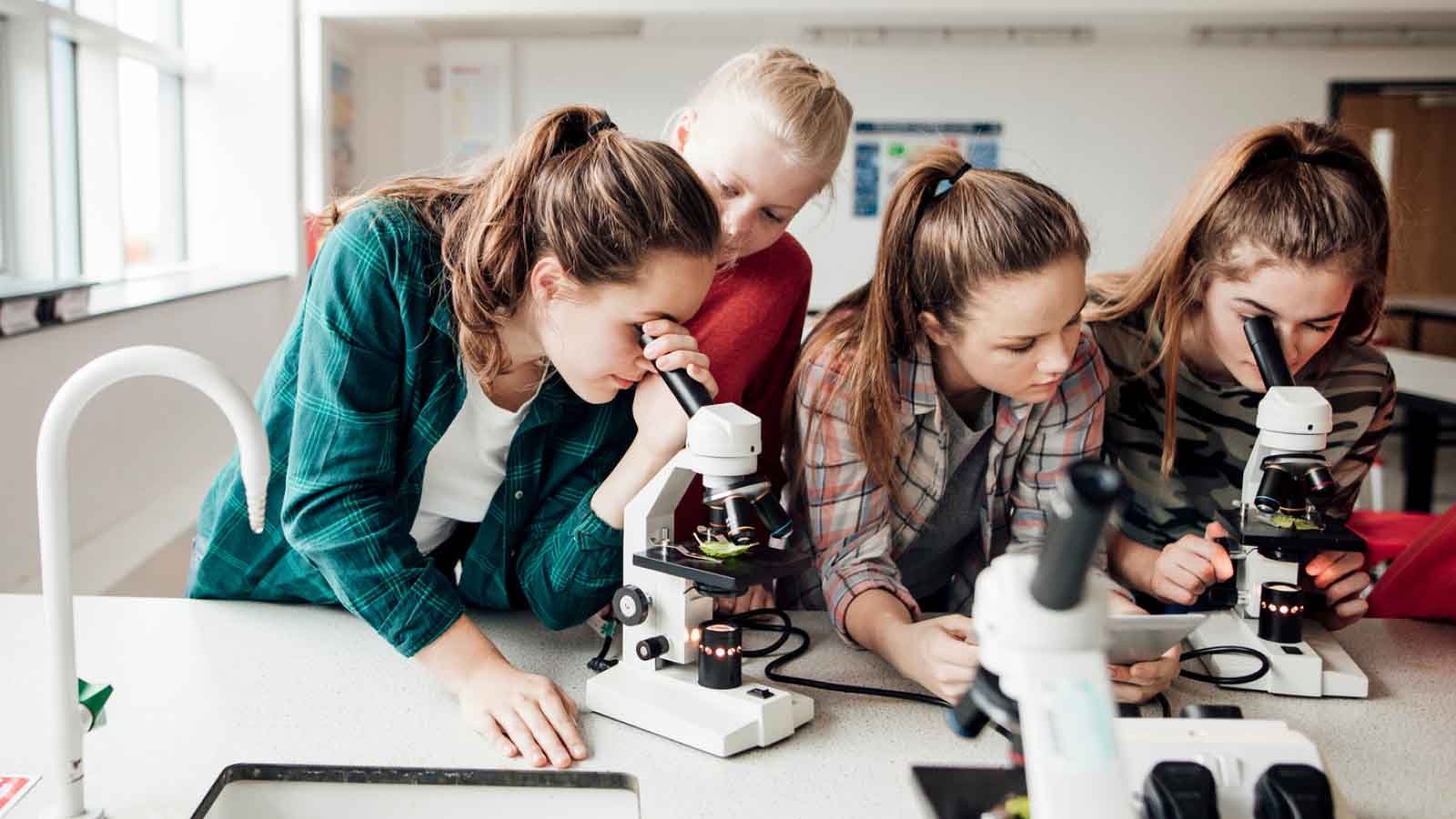The International Development and Environment Association – IDEA Universal, with the support of the European Union Interreg NEXT Black Sea Basin Program, is launching the “Training Children for Environmental Sustainability through E-STEM – EcosySTEM Project.” The project will be carried out using the STEM (Science, Technology, Engineering, and Math) educational approach, which will integrate the disciplines of science, technology, engineering, and math in a holistic manner.
The Interreg NEXT Black Sea Basin Program, which promotes cross-border cooperation among countries in the Black Sea Basin and is financed by the European Union, focuses on environmental education, sustainable development, and raising environmental awareness among younger generations. As a beneficiary of this program, IDEA Universal aims to develop innovative educational modules and establish educational centers to increase environmental awareness among children and youth in the 8-11 and 12-15 age groups in the Black Sea Basin. Thus, the project will empower the younger generation to actively contribute to environmental sustainability and provide positive contributions to solving environmental issues in the Black Sea region.

Innovative Solutions to Environmental Issues
This project brings together valuable institutions from Turkey, Greece, Ukraine, and Bulgaria. Project partners, based on their areas of expertise, are sharing best practices and developing innovative solutions to environmental problems. Led by the International Development and Environment Association – IDEA Universal from Turkey, the project includes contributions from Democritus University of Trace (DUTH) in Greece, the Ukrainian Association of Business Support Center (UABSC) in Ukraine, and the Institute of Oceanology of the Bulgarian Academy of Sciences (IO-BAS) in Bulgaria. This international collaboration for environmental protection will enhance the impact and reach of the project by facilitating material sharing. As a result, a more comprehensive and sustainable approach can be adopted to address the shared pollution issues and environmental protection challenges in the Black Sea Basin.
E-STEM-Based Content to Raise Environmental Awareness
The EcosySTEM Project will adopt a STEM (Science, Technology, Engineering, and Mathematics) educational approach, which integrates these disciplines holistically. The comprehensive content prepared on environmental protection will be integrated with STEM disciplines and will include modules on ecosystems, water, air, soil, and waste management. This innovative educational model will allow children to develop knowledge and skills in areas such as ecosystems, biodiversity, pollution, global warming, scarcity, erosion, deforestation, renewable energy, waste management, recycling, and composting.
Four Centers Equipped with Cutting-Edge Technology to Be Established
To achieve these goals, innovative educational modules and content materials will first be developed to enhance environmental education and STEM disciplines. These resources will be made accessible to educators, students, and educational institutions in the Black Sea Basin, reaching a wide beneficiary audience. This will enable educators to offer high-quality and engaging content while fostering a deeper understanding of environmental issues and promoting sustainable practices. Additionally, four centers equipped with the latest technology for environmental education will be established. These centers, where all partners will carry out synchronized activities, will provide training for at least 300 students. During the project implementation period, activities aimed at raising awareness about environmental issues and involving young people in interventions will be carried out through awareness actions and educational tools in the Black Sea Basin.

A Multifaceted Project That Will Empower Children in Environmental Protection
The EcosySTEM Project will benefit a wide range of stakeholders, including children, youth, educators, families, and local communities in the Black Sea Basin. Children and young people will gain a better understanding of environmental issues and acquire the skills and knowledge necessary to actively contribute to environmental sustainability. Educators will have access to professional resources that will enhance their teaching capabilities. Families and local communities will benefit from increased environmental awareness and sustainable practices. Upon the completion of the project, expected in 2026, the resources developed will be available to project partners, civil society organizations, educators, and local communities. In this way, the project, which focuses on empowering children in environmental protection and sustainability, will have a lasting impact that extends beyond its time frame, influencing future generations as well.



























